It’s that time of year when I tempt you to obliterate what remains of your savings.
In my defence, it could be worse. At least you’re not spending it on commemorative spoons.
I’ve got some great books to recommend this year.
As usual, I read and re-read a lot of travel literature to prepare for Personal Landscapes podcast conversations.
I also have a few essential history reads to share, and some truly outstanding nonfiction, memoir, and fiction.
Each of the books below made my list because it was memorable, important, or just thoroughly enjoyable, and each is worth your time. I hope you’ll track them down.
Okay, first up, my Top Pick of the Year…
TOP PICK: Dispatches From Pluto by Richard Grant
Richard Grant was tired of life in a New York City shoebox apartment when a friend suggested a trip to the Mississippi Delta. Thanks to a remarkable sequence of meetings and personal connections, he ended up buying an old plantation house on a remote strip of land near the tiny community of Pluto.
The local characters he befriends reminded me of the small town eccentrics I knew as a child. But it was the interdependent and often familial relationships between black and white that surprised me most. Racial relationships in the deep south were far more complicated and far more interesting than I’d ever imagined, and reading this book made me want to go there.
I talked with Richard about Ghost Riders: Travels With American Nomads this summer. His exploration of the “roadside culture of wandering rootlessness” at the heart of the uniquely American view of freedom spoke to me on a deep tuning-fork level, and I immediately reached out for a chat.
Get your copy of Dispatches From Pluto here. And listen to my podcast conversation with Richard on Personal Landscapes.
He’s become one of my favourite current writers, and I’m busy tracking down the rest of his work.
In the category of travel literature…
Naples’44 by Norman Lewis
Lewis came to Naples as an intelligence officer with the Allied invasion force. He wrote about conditions at the end of the conflict, the culture and how people found ways to survive. And he produced one of the greatest first hand accounts of the Second World War.
Lewis had an instinct for being in exactly the right place to capture traditional ways of life on the brink of modernity, but his books are far from dry — he also had an unerring eye for the absurd.
He explored the lives of tribal peoples immediately before the Vietnam War in A Dragon Apparent: Travels in Cambodia, Laos and Vietnam, and went on to do similar work in Burma, which you can read about in Golden Earth: Travels in Burma.
I also read A Goddess in the Stones, his account of travels in tribal regions of eastern India, and The World, The World, his second volume of memoir.
You must also read The Semi-Invisible Man by Julian Evans, one of my all-time favourite biographies. Lewis’s life was just as fascinating as the worlds he brought to life in his books. He served in the intelligence corps in the Second World War, and was sent on spying missions to Cuba by the creator of James Bond.
Get your copy of Naples ’44 here. And listen to my podcast conversation about Norman Lewis with biographer Julian Evans.
Hunting Mister Heartbreak by Jonathan Raban
The world lost a literary giant when Jonathan Raban died early this year. He’s one of those writers whose I work I decided to read in full after a first encounter on the page.
Hunting Mister Heartbreak explores the immigrant experience. Raban set off from the Port of Liverpool aboard ship, just as my grandparents did when they left Northern Ireland to start a new life in Canada.
He washes up in a rented flat in New York City, where he immerses himself in the world of Air People (those living on upper floors) and Street People before wandering down to Alabama and a rented lakeside cabin with a borrowed dog.
He pokes around the Florida Keys by sailboat and makes forays into Korean immigrant culture in Seattle. By the end of the book he’s a short step away from making his own emigrant journey to the US West Coast, where he spent the rest of his life.
I also read Raban’s first travel book, Arabia, about a journey he took to the Gulf States, Yemen, Egypt and Jordan during the mid-1970s oil boom.
And I reread Bad Land: An American Romance, his account of the hardscrabble famers who settled southeastern Montana in the early 20th century, lured to America by newly expanding railroads and dreams of cheap land.
Driving Home rounded out the list. It’s a collection of pieces Raban published between 1991 and 2009. I thought the first two thirds of the book was best, some of which overlapped with his journeys for Bad Lands. The last third is mostly political commentary that has dated poorly and doesn’t stand out from anything else written at the time. His earlier collection For Love & Money is better.
You can also read my earlier reviews of Coasting and Old Glory.
Get your copy of Hunting Mister Heartbreak here, and follow the links above to the other books.
Hearing Birds Fly: A Nomadic Year in Mongolia by Louisa Waugh
Louisa Waugh lived in a village in the far west of Mongolia in the late 1990s and wrote this remarkable book about her experience.
It’s a world of drought-stricken spring, lush summer pasture and brutal winters when fetching water meant hacking holes through river ice. In this stunningly beautiful landscape, villagers lived on mutton, dairy products and vodka, and met incredible hardship with laughter and smiles.
There are marriages and deaths, weeks of hunger and gut-busting feasts, bubonic plague and birthday parties. And more than anything, the profound sense of a community that has carved out a life in one of our world’s most remote corners.
Get your copy here. And listen to my podcast conversation with Louisa on Personal Landscapes.
Lost Japan by Alex Kerr
Alex Kerr originally wrote this book in Japanese. It won the Shincho Gakugei literature award (1994) — a first for a foreigner.
Lost Japan chronicles the early years of a life spent exploring traditional arts like Kabuki and calligraphy, fixing up a thatched roof house he found in a remote valley in Shikoku, and honing his eye as an antique collector in the dusty recesses of family storehouses.
I also read Dogs and Demons, his account of Japan’s postwar boom years, and the scars out of control prosperity left on the land and the culture.
I lived in Japan for two years in my late 20s, and I go back often to visit my wife’s family. Kerr’s books explained small details of everyday life that I’d always wondered about, and prompted me to notice even more. If you’d like to go beyond the usual cliches of this fascinating culture, then I suggest you start with this book.
I’m eagerly awaiting his latest book, Hidden Japan, which Amazon Germany is endlessly delaying.
Get your copy of Lost Japan here, and follow the links above to the other books.
High Caucasus by Tom Parfitt
Tom Parfitt walked across the northern flank of the Russian Caucasus, from the Black Sea to the Caspian Sea, through republics whose names are synonymous with violence, extremism and warfare.
He did it to rid himself of nightmares brought on by the terrible events he witnessed during the 2004 school siege in Beslan, North Ossetia. He also wanted to understand how places like Chechnya, Dagestan and Inigushetia became crucibles of personal and national trauma.
History casts long shadows here. The 19th century Caucasian War brought isolated people face to face with an expansionist Russia, and the 20th century brought forced clearance and relocation under Stalin.
It’s also a region of resourceful shepherds living solitary lives in high mountain passes, and villages where the greatest danger to the visitor is extreme hospitality.
This is a fascinating read that explores a part of the world I knew so little about. I got back from my first visit to Georgia — on the other side of those mountains — the day before we spoke.
Get your copy here. And listen to my podcast conversation with Tom on Personal Landscapes.
The Age of Kali: Indian Travels and Encounters by William Dalrymple
This collection of essays by historian William Dalrymple covers a decade of travels in the Indian subcontinent. His theme is the Kali Yuga — a period in the endlessly recurring cosmic cycle when Hindus believe conflict and sin rage through the land.
I think what surprised me most, having never been to India, is the level of violence plaguing large parts of the country, and just how many people seemed to run amok.
There are stories of intercaste massacres, political corruption, child marriage, and protection rackets run by student unions. But there are also glimpses of the tail end of an aristocratic way of life that would soon vanish, and the ruins of a lost civilization on the edge of the Hindu Kush. Get your copy here.
In history…..
Goodbye Eastern Europe by Jacob Mikanowski
I’ve always found the history of Eastern Europe difficult to come to grips with compared to Western Europe. Its borders blend and shift together, and even the cuisine bears striking similarities — everyone seems to have a variation on goulash, cold soups, and cabbage rolls.
The more I’ve travelled on this continent, the more my interest has shifted east to a region that looks increasingly complex the deeper you delve into it. Goodbye Eastern Europe approaches it thematically and does a really nice job of capturing the spirit of place.
This is a fascinating book about frontier societies, shifting borders, plagues of vampires, and the gift of seeing comedy amidst tragedy.
Get your copy here. And listen to my podcast conversation with Jacob on Personal Landscapes.
Berlin: The Story of a City by Barney White-Spunner
Berlin has always been a uniquely nonconformist corner of a remarkably orderly country.
It was the capital of Prussia, but its rulers lived on the forested outskirts rather than in their palaces on the Spree. It came to symbolize Nazi Germany, but Hitler despised its rebellious, irreverent, freethinking residents and spent his time in Bavaria.
And for more than 40 years, it was the symbol of freedom in the face of tyranny, and the place where nuclear armageddon was most likely to break out.
How did this flat, unpromising patch of sand become the most interesting city on the continent? I’ve lived here for seven years, and I’m still coming to grips with it. This is a wonderfully readable book filled with interesting characters that I found impossible to put down.
Get your copy here. And listen to my podcast conversation with Barney on Personal Landscapes.
Georgia: In the Mountains of Poetry by Peter Nasmyth
I read this cultural history of Georgia in preparation for a high Caucasus hiking trip last August.
It’s a fascinating exploration of a small but remarkably diverse country where recorded history goes back nearly 3,000 years, and where the heavy hand of the Soviet Union did little to eradicate an unbreakable sense of independence and national pride.
The author co-founded Tbilisi’s first English language bookshop, traveled to every corner of the country, and has lived there on and off for some 32 years. Get your copy here.
Tamerlane by Justin Marozzi
If you thought Tamerlane was little more than a cut-rate Genghis Khan who failed to hold his empire together, then you should read this book.
Timur, to give him his proper name, was a military tactician on a par with Alexander the Great. Undefeated on the battlefield, he conquered cities from Siberia to the Mediterranean and even down to Delhi. But where Genghis burned and pillaged, Timur built astonishing cities of tiled mosques and mausoleums and verdant parks, and he filled them with scholars and craftsmen.
It’s a fascinating story of a remarkable man who lived at a time when Europe was just a grubby backwater and Central Asia awash in riches and learning. Get your copy here.
The Great Game by Peter Hopkirk
This is a re-read rather than a new find, but it’s been at least 15 years since I shuffled its pages, and it remains one of my favourite books.
I first encountered the work of Peter Hopkirk when I met a Canadian in a bar in Kashgar who was carrying a copy of Foreign Devils on the Silk Road, a story of lost cities beneath Taklamakan sands.
The Great Game tells a remarkable tale of espionage in high mountain passes as Victorian England and Peter the Great’s Russia struggled for supremacy in the lands between an expansionist empire and a wary India. Spies roam the Pamirs disguised as holy men, with map-making notes hidden in prayer wheels and concealed thermometers for calculating altitude. If you like high adventure, this is the real thing. Get your copy here.
In memoir…
Unfinished Woman by Robyn Davidson
Robyn Davidson was 27 years old when she walked across Australia with four camels and a dog. By the time she reached the Indian Ocean, she was on the cover of hundreds of international magazines.
She lived a life of constant travel. And now, in her early 70s, she explores the territory she spent a lifetime avoiding: a childhood and youth shaken by the cataclysm of early loss.
How does the act of remembering reconstruct past experience? Why does life take us in some directions and not others? How much is under our control, and what is the role of fate?
Unfinished Woman grapples with these questions, and more. It’s a powerful memoir, and an unforgettable read. Check out my full review, and get your copy here.
Glowing Still: A Woman’s Life on the Road by Sara Wheeler
Sara Wheeler’s memoir of life on the road begins with Dervla Murphy flashing her tits.
That sets the tone for a thoroughly enjoyable journey from a working class Bristol childhood to a year in Athens in her twenties working for a small publishing house.
A self-described ‘generalist’, Wheeler has followed her curiosity to the world’s most distant corners. I especially enjoyed reading about places that hadn’t appeared in her books.
This is a book of travel, but it’s also a meditation on aging and the passage of time, set against the background of her own struggles and insights.
Check out my full review, and get your copy here. You can also listen to an earlier podcast conversation I had with Sara on Personal Landscapes.
In fiction, it was largely a year of short stories as I grappled with the form while pondering a few stories of my own…
Collected Stories by Raymond Carver
Raymond Carver wrote about troubled relationships, and the loneliness and despair of working people living at the edge of poverty. By using simple, precise language to describe commonplace things and objects, he revealed the harsh reality of empty lives, and the drama in the mundane.
He played a major role in reviving the short story in the 1980s, and he remains one of America’s greatest twentieth century writers. Get your copy here.
The Maples Stories by John Updike
Most of the short stories in this collection originally appeared in The New Yorker. Taken together, they narrate the lives of Richard and Joan Maple, a middle class couple living in New York City and New England in the 1950s and 1960s.
It’s a nuanced portrait of two well-intentioned, sympathetic people who find and lose romantic rapport, raise children together, and endure estrangement, divorce and becoming grandparents.
I also read Trust Me, another collection of short stories that originally appeared in The New Yorker and other literary journals. These tales of trust fulfilled and betrayed, of manipulative husbands and bored wives, and solitude and suburban dread are typical Updike.
Some are always better than others, but I’d still read everything he’s written. Get your copy here.
Tenth of December by George Saunders
I discovered George Saunders through the Backlisted podcast, and bought this book because co-host Andy Miller’s reading of “Sticks” in its entirety had me laughing to the point of tears. I’m unable to read it aloud myself. I’ve tried, but I never get through it without cackling.
These strange and often dreamlike stories are steeped in dark humour and contain disturbing truths about the core of our existence. Get your copy here.
Super-Cannes by J.G. Ballard
In the hills above Cannes, the Eden-Olympia business park exists as a closed world of luxury homes, private security, private doctors and psychiatrists, and every convenience the modern European elite could desire. But this dull facade conceals a web of psychopathy that uses carefully administered doses of sex and violence to alleviate boredom-induced stress.
I picked up this dystopian novel on the strength of Ballard’s earlier Cocaine Nights, which deals with similar themes cast in similar Mediterranean light.
It’s a sardonic and often darkly funny comment on the pathologies of our present, the emptiness of consumer culture, and the fragility of civilization. Get your copy here.
Dante’s The Divine Comedy
Dante Alighieri’s midlife ‘dark night of the soul’ journey through hell, purgatory and finally paradise is chock full of references to 13th century Florentines and obscure theology, but it’s also a glimpse into the medieval mind — a demon-haunted world that’s far stranger than our proximity to it in time might suggest.
“When I had journeyed half of our life’s way, I found myself within a shadowed forest, for I had lost the path that does not stray.”
This long narrative poem still speaks to us today, religious or secular, more than 700 years later. Get your copy here.
And finally, in general nonfiction…
The New Leviathans: Thoughts After Liberalism by John Gray
The world we knew is gone, and it isn’t coming back. “Enclaves of freedom persist,” John Gray writes, “but a liberal civilization based on the practice of tolerance has passed into history.”
Why has the West become increasingly illiberal? Where are we headed next? And what can an English political philosopher from the mid-1600s tell us about it?
Read John Gray to find out. I was fortunate enough to get my hands on an advance copy of this new gem from my favourite thinker. I’m always amazed by just how much he crams in to such a slim volume.
We can’t overcome our nature — but we can destroy the life we have and be left with nothing. Essential reading for a fractured age. Check out my full review, and get your copy here.
The World Beyond Your Head by Matthew Crawford
Matthew Crawford’s study of our distracted age explores the way attention sculpts the self. Hint: our inability to focus for more than a few seconds can’t all be blamed on smartphones.
How we perceive the world is inextricably tied to locomotion. We don’t just passively “see” sensory inputs that our brain decodes into images. We move, exploring a scene from different perspectives.
Being carried around an object isn’t enough. Self-motion is necessary. We perceive the world through acting in it and accumulating experiences.
Crawford writes about the importance of learning to interact with a world that isn’t tailored to our whims. He also writes about what happens when advertisers and corporations deliberately prey on our pliable minds through slot machine gambling and misguided children’s television.
It’s a fascinating and highly original work of social criticism, and an important one. Get your copy here.
The Ode Less Travelled by Stephen Fry
I picked up the multitalented Stephen Fry’s book on verse because I felt high school English had left me with a sonnet-sized hole in my reading.
I’ve long enjoyed reading certain poets — Dylan Thomas, Rimbaud, Constantine Cavafy and Forrest Gander — but I mostly read them to improve my use of imagery and metaphor. I didn’t understand metre, scansion, rhyming arrangements, or poetic forms.
Fry’s method is to teach the elements of poetry by taking a crack at writing your own. It’s fun and engaging in a way high school never was. If only more teachers would discover this and share it with their pupils. Get your copy here.
The Art of Memoir by Mary Karr
This is a cracking good book on writing memoir by a master of the genre.
Karr writes about how “a single image can split open the hard seed of the past” — and how to use this image to extract memories and craft them into a narrative.
It’s a book about the writing process and what makes a great literary memoir, illustrated with examples from some you’ve heard of and others you’ll want to read. But it’s also a page-turning exploration of memory and identity, and the catharsis of reflecting on our past.
Anyone can enjoy it, whether or not you write yourself. Get your copy here.
Boozehound by Jason Wilson
I’ve long been a fan of classic cocktails, especially drinks with a literary pedigree. But I’ve gone off them in the years since I left Malta. It’s difficult to stock a bar with obscure bottles on a writer’s income, especially when moving as often as I have.
Part travelogue and part alcoholic education, this is a fun and informative exploration of Old World spirits, carefully guarded traditional recipes, and overrated new arrivals. To quote author Jason Wilson, it “sneaks up on you like a mullet seen from the front”.
It sent me back to my local shop with the modest plan of choosing a couple summer and winter drinks to get me through the year. Get your copy here.
Those are my main picks.
I also thoroughly enjoyed re-reading Bruce Chatwin this year — In Patagonia, The Songlines, and Utz — and Susannah Clapp’s wonderful With Chatwin: Portrait of a Writer for my podcast conversation with Susannah.
And I was finally able to treat myself to the first two volumes of William and Ariel Durant’s epic Story of Civilization — Volume 1: Our Oriental Heritage and Volume 2: The Life of Greece. I look forward to continuing this journey next year.
So there you have it. My top reads from the past year, narrowed down with great difficulty from a rewarding 12 months of reading.
I hope you’ll share it with others who might enjoy these recommendations.
What stood out for you in 2023?
Please share your best reads in the comments below. I’m always eager to add to my list, despite a struggling bank balance.
[Please note: Most of the links in this article are affiliate links. Buying a book after clicking on those links kicks a few pennies my way and supports my work at no cost to you. Thank you in advance if you decide to do so.]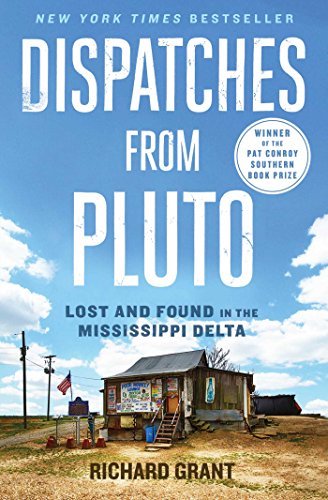
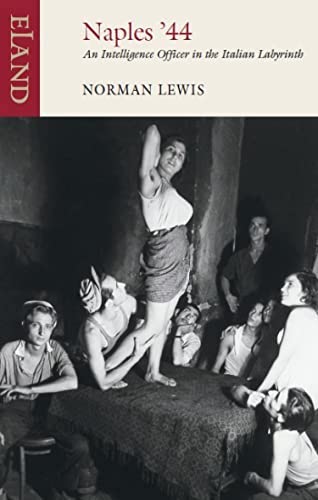
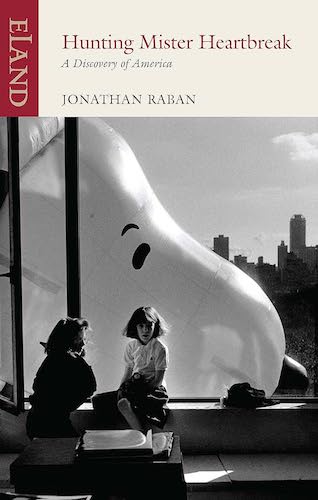
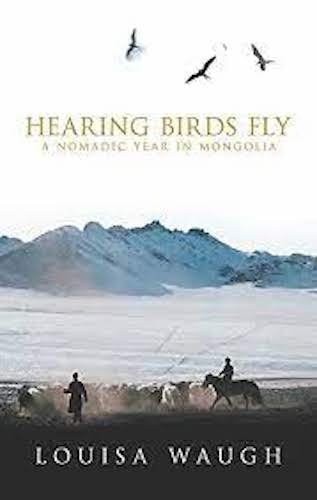
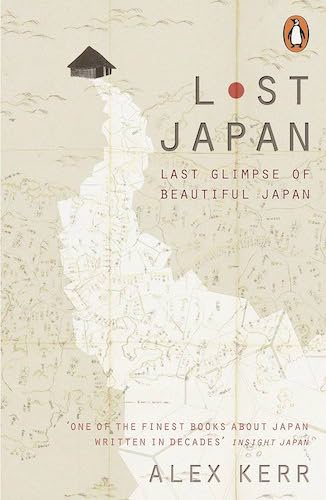
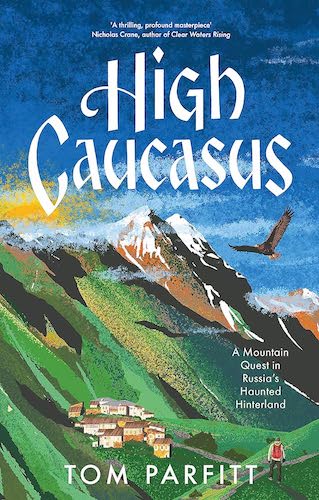
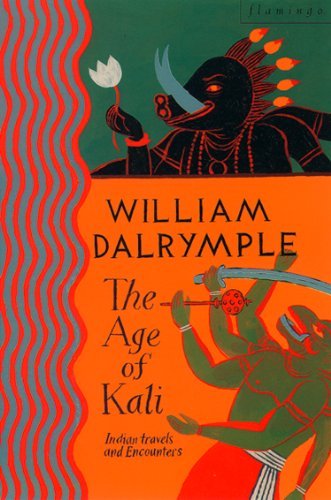
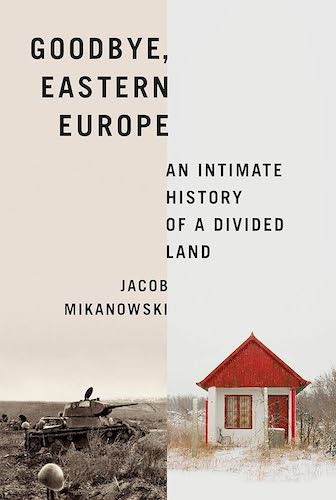


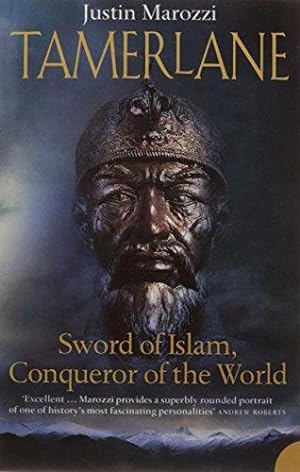
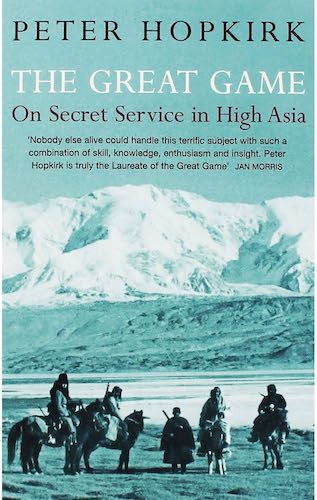
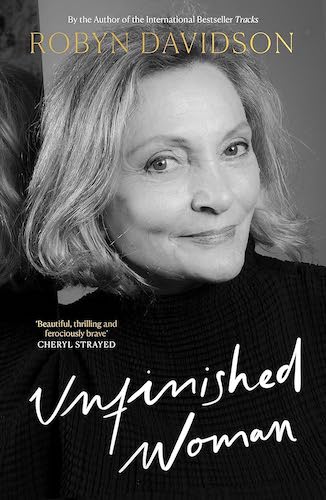
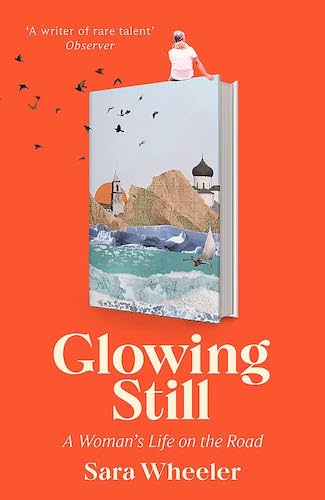
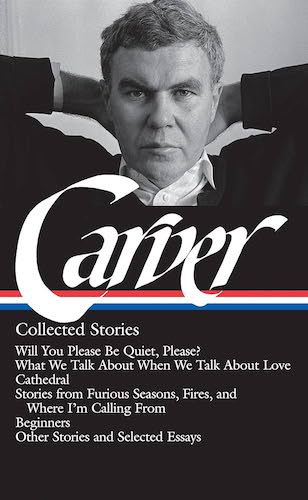
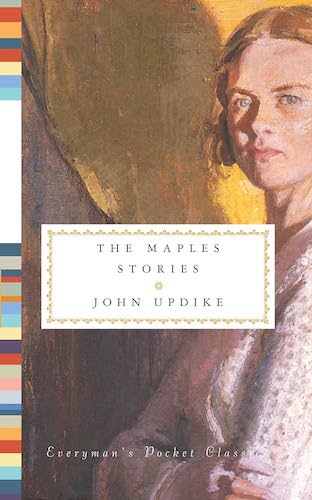
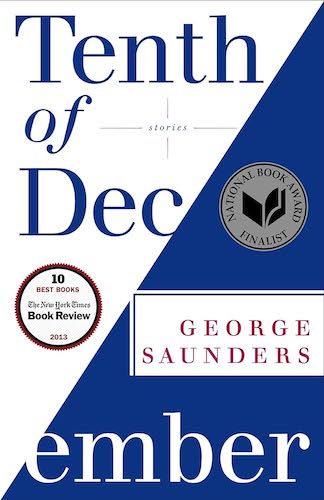
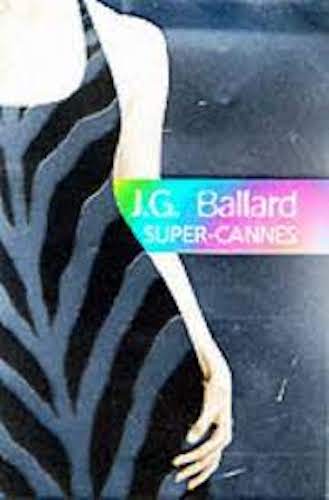
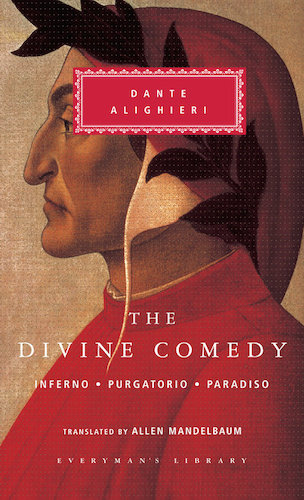
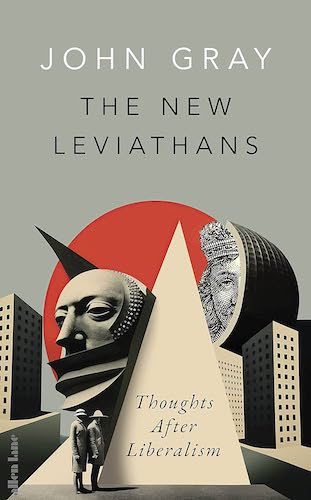
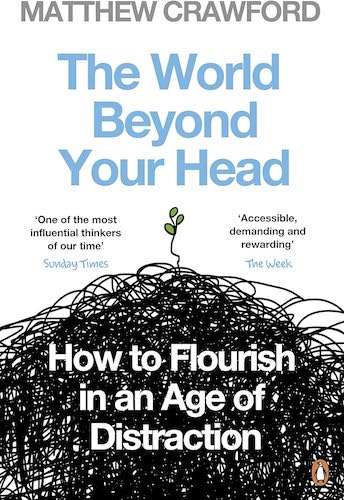
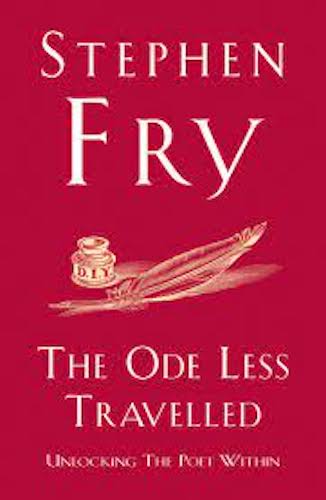
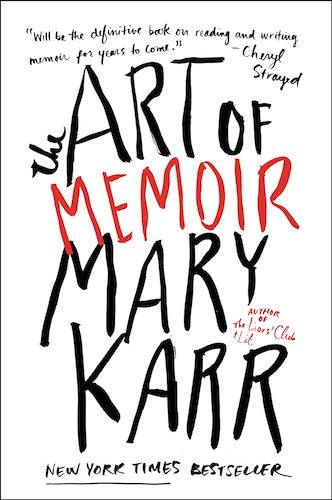
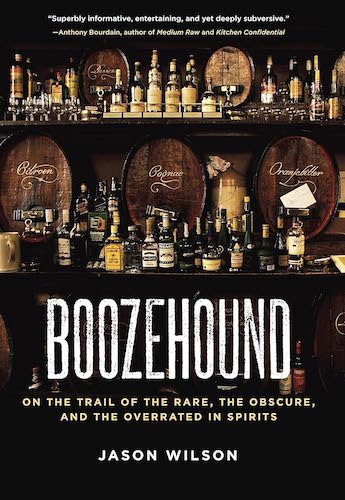
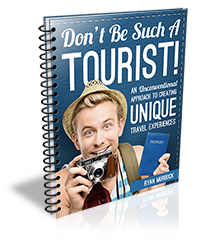
How much can a person read???? Thank you for wonderful suggestions and insights.
I don’t know, but I aim to find out. These were my favourites of the year. I read quite a lot more.
I was also told to get reading glasses. I’m not sure if these two things are connected.